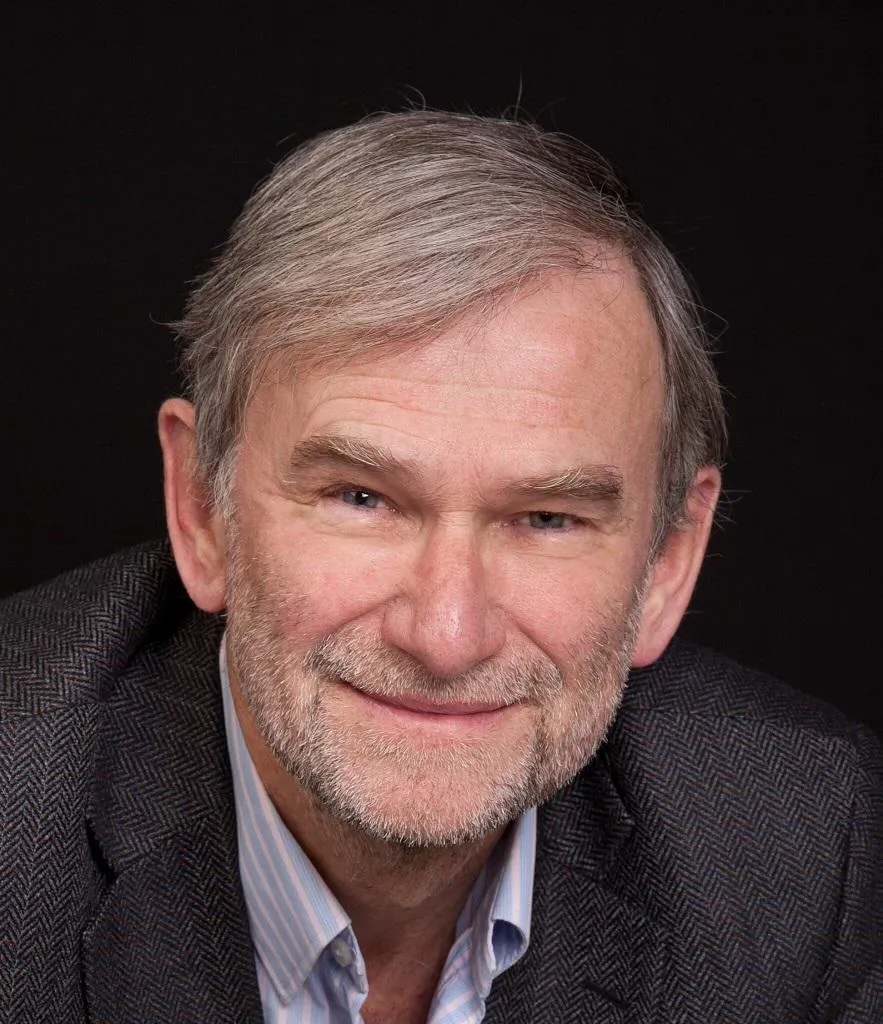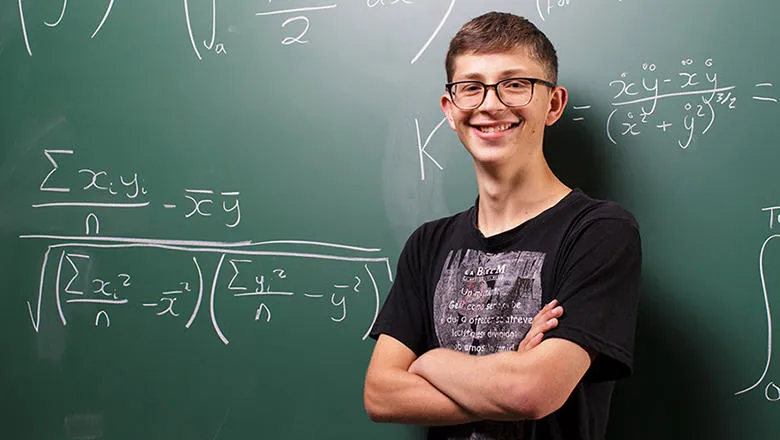A new approach to mathematical and data education
Waterloo Bridge Wing, Franklin Wilkins Building, Waterloo Campus, London
This is a hybrid event; attendees can either join in person or on Teams. If the latter, please click on the 'Register for this event' button in the top right of this webpage, and fill in the form to receive the Teams link.
If you would prefer to attend in person, the seminar will take place in Room G/8, in the Waterloo Bridge Wing of Franklin Wilkins Building, King's College London, Stamford Street, SE1 9NH. If you are not a member of CRESTEM, please email crestem-events@kcl.ac.uk to RSVP.
Places are limited; please register early to avoid disappointment.
In the 21st century, the scope and application of mathematics have undergone a remarkable expansion, partly driven by an unprecedented surge in data availability and computing capabilities. Mathematical and data literacy has become fundamental for daily life.
In 2020 the Royal Society set up the Mathematical Futures programme with a brief to address two core questions: What mathematical competencies will be needed for citizens and society to thrive in the future? How should education systems develop these mathematical competencies?
Our conclusion is that for the future good of society and for the wellbeing of individual citizens the scope of mathematical education needs to change from ‘mathematics’ to a combination of mathematics, statistics and data science, underpinned by computational tools. This has consequences for learners of all ages, and across the curriculum.
The programme report will be published shortly, in time, we hope, to influence the forthcoming government review of the curriculum. In this talk Anthony Tomei will give a summary of the arguments and the main findings.

About the speaker
Anthony Tomei is Vice Chair of the Royal Society’s Mathematical Futures Programme and a visiting professor at King’s. After an early career as a science teacher he joined the Nuffield Foundation, initially as Assistant Director with responsibility for science and education, and for the last twenty years as Director.
Since retiring from Nuffield in 2012 he has continued to be involved with science and mathematics education, with a particular focus on the role mathematics and science in the daily life of the citizen. He is a member of the Royal Society’s Advisory Committee on Mathematics education and was director of the Salter’s Institute from 2016 to 2022.
Search for another event

